5 Bulking Mistakes All Athletes Should Avoid
Back when I was in high school, my teammates bulked by pounding two liters of chocolate milk a day. Guys would gain 15 pounds in less than a month. But, they’d be covered in fat, feel sluggish, and they’d release some deadly farts. And with all the information readily available on the internet today, you’d think athletes would have an idea how to get bigger in a more efficient way… But I still see athletes making HUGE bulking mistakes that drain their performance, slow them down, and make them feel heavy.
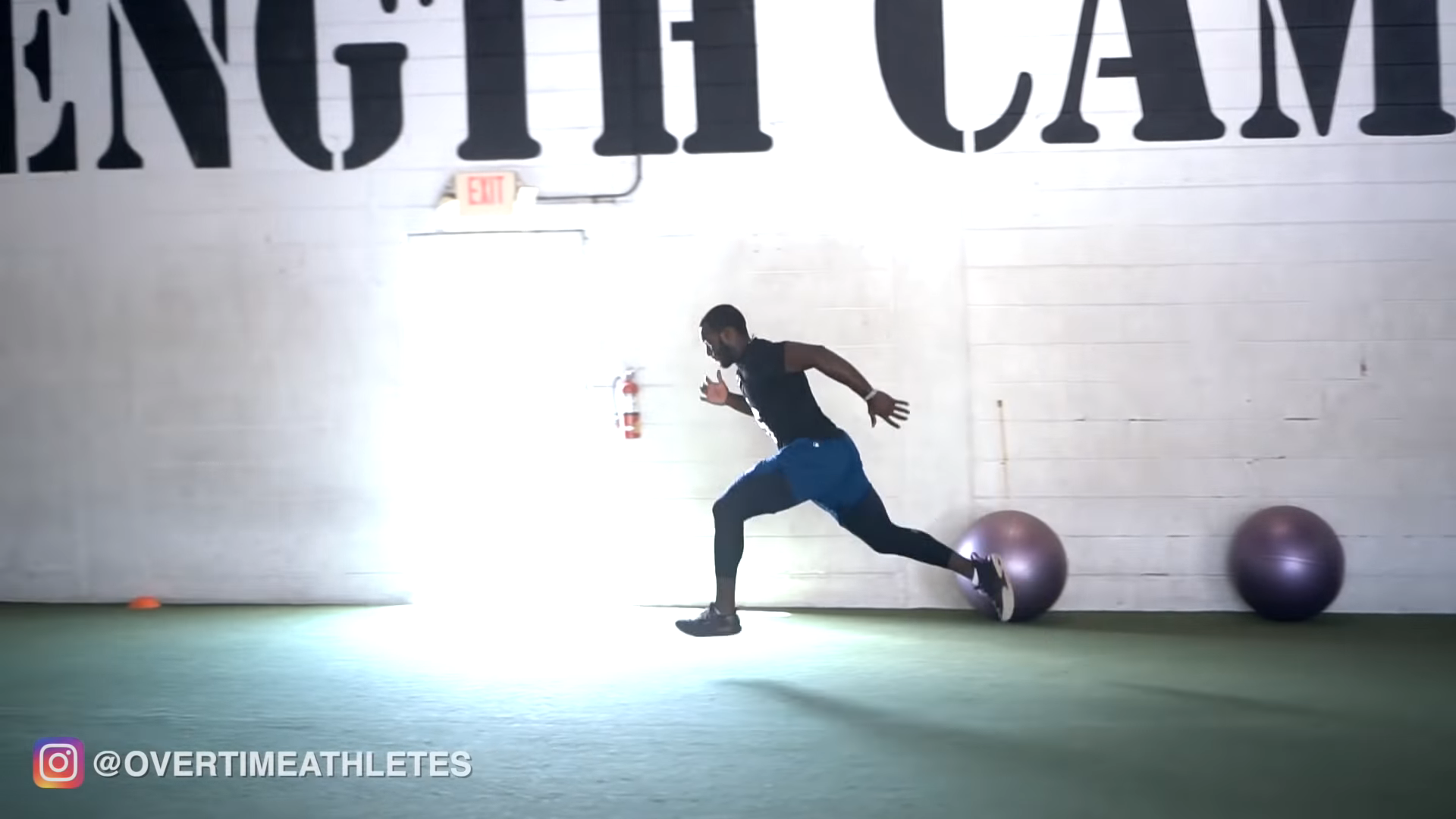
Today, I want to share some of those bulking mistakes that the mass of athletes make. This way, you can avoid adding unnecessary fat, maximize muscle gain, and turbocharge your performance.
Let’s dive into it:
(If You Haven’t Seen Our Guide on How To Bulk for Athletes be sure to check it out before reading this)
1. Not Tracking Calories
You can’t manage what you can’t measure.
And if you’re not measuring your calories, you definitely won’t bulk effectively.
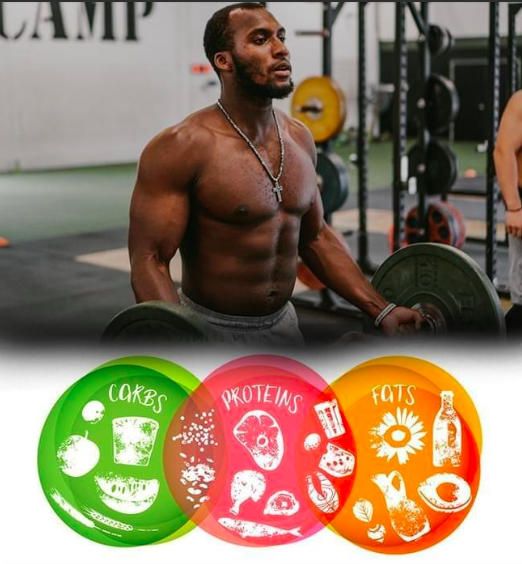
You’ll either under-eat and not gain a pound, or overeat and balloon up faster than a Tyreek Hill go route.
If you’re under-eating, you’re depriving your body of fuel. Fuel it needs to perform optimally. And if you’re overeating, you’re adding inefficient mass in the form of fat.
Think about it.
Fat isn’t used for anything. It’s just there. And it’s ugly.

Here’s how to fix this bulking mistake:
I see a lot of guys make this bulking mistake because they don’t know how to track their calories in the first place.
The first step in tracking your calories is finding your baseline. This is the amount of calories you need to maintain your weight. Once you’ve done that, you can divvy up your macronutrients.
For a guide on how to find your caloric maintenance and macronutrient ratio, head over to this blog post on the best nutrition guidelines for athletes.
2. Bulking Too Aggressively
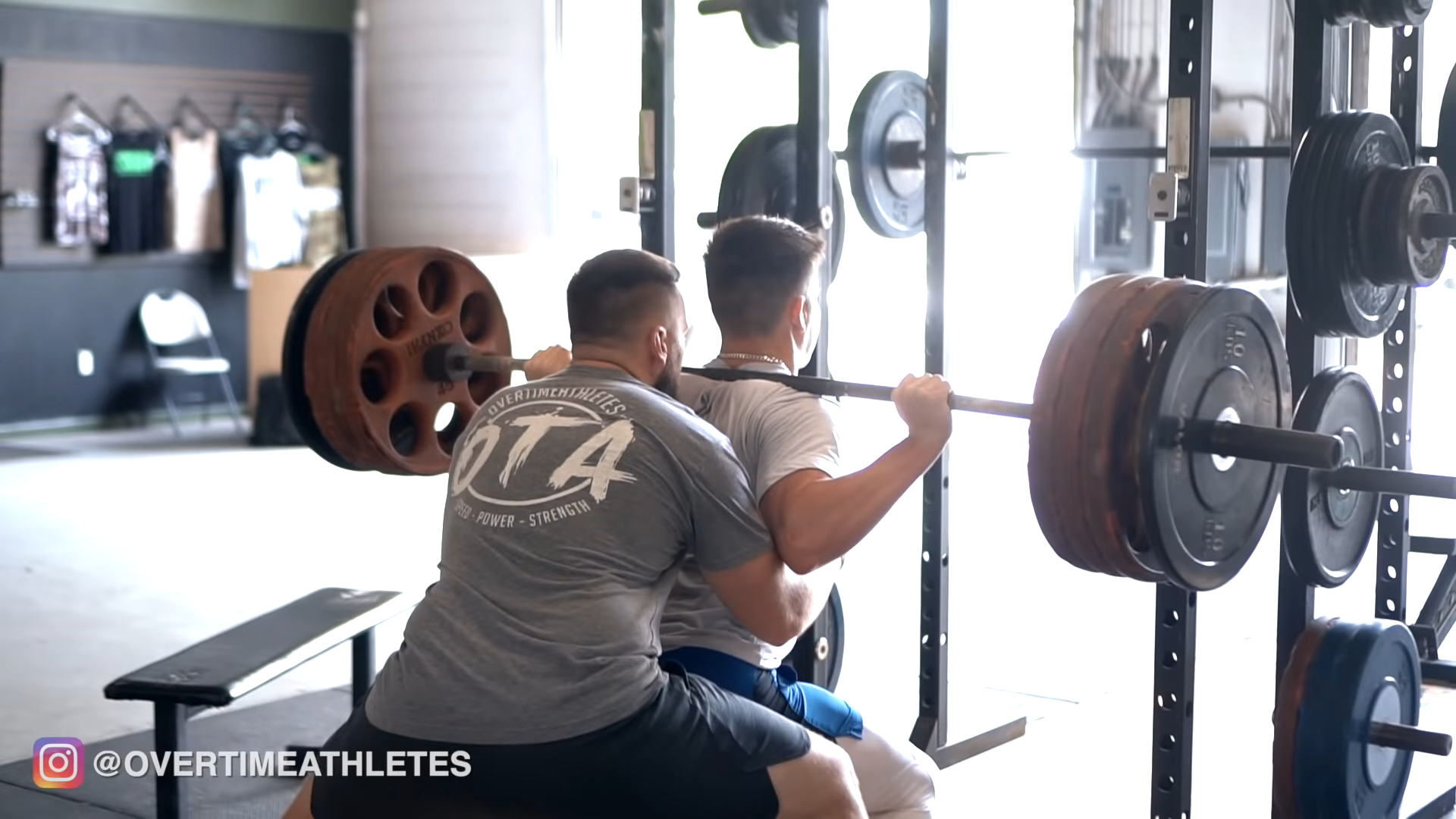
When you’re an athlete, performance is your top priority.
That’s why bulking too aggressively is a HUGE mistake.
A few years back, I remember reading an article in SLAM magazine about Chris Bosh.
Bosh was being interviewed about his weight.
In the offseason that year, Bosh quickly put on 20+ pounds thinking it would help his play. But through the first few games of the season, his numbers were down across the board. Points, rebounds, blocks, assists were all down from the previous year.
On top of that, he felt slow and heavy moving up and down the court.

His solution? He shed all the excess fat. He dropped 15 pounds and quickly returned to form. Better than his old form.
And that should be a lesson to you. If you bulk too aggressively, you’ll put on a large amount of fat mass which will only weigh you down. Fat isn’t functional. It doesn’t support high performance.
When you bulk as an athlete, you want to minimize fat gain and maximize muscle gain.
Here’s how to fix this bulking mistake:
Be patient and be conservative.
If you add too much weight too quickly, you’ll undoubtedly pack on a bunch of fat.
As a general recommendation, start with a 200 calorie surplus and see how your body reacts.
If you want a more detailed answer, check out our guide to bulking for athletes.
3. Raising Protein During Your Bulk
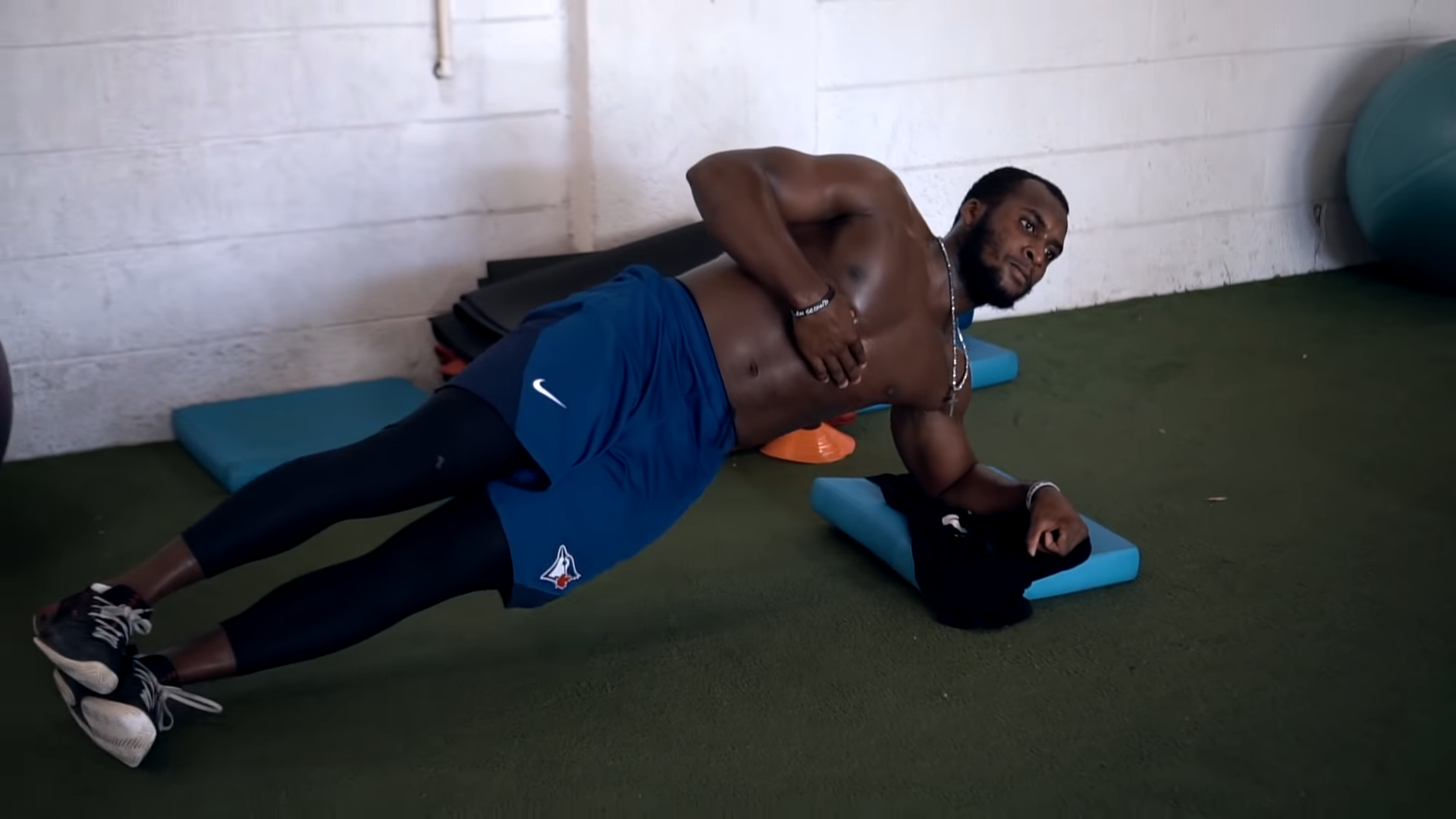
If you’ve been tracking your nutrition for a while, you know that when you go into a caloric surplus, you have more macronutrients to allocate.
This is good and bad.
It’s bad because most athletes don’t know how to allocate these extra macronutrients during a bulk.
It’s good because if you DO know how to allocate the extra macronutrients, you’ll see significant strength gains in the gym, higher energy levels, and amplified workout intensity.
But again, most athletes get it wrong by allocating these extra calories toward their protein intake.
Big mistake.
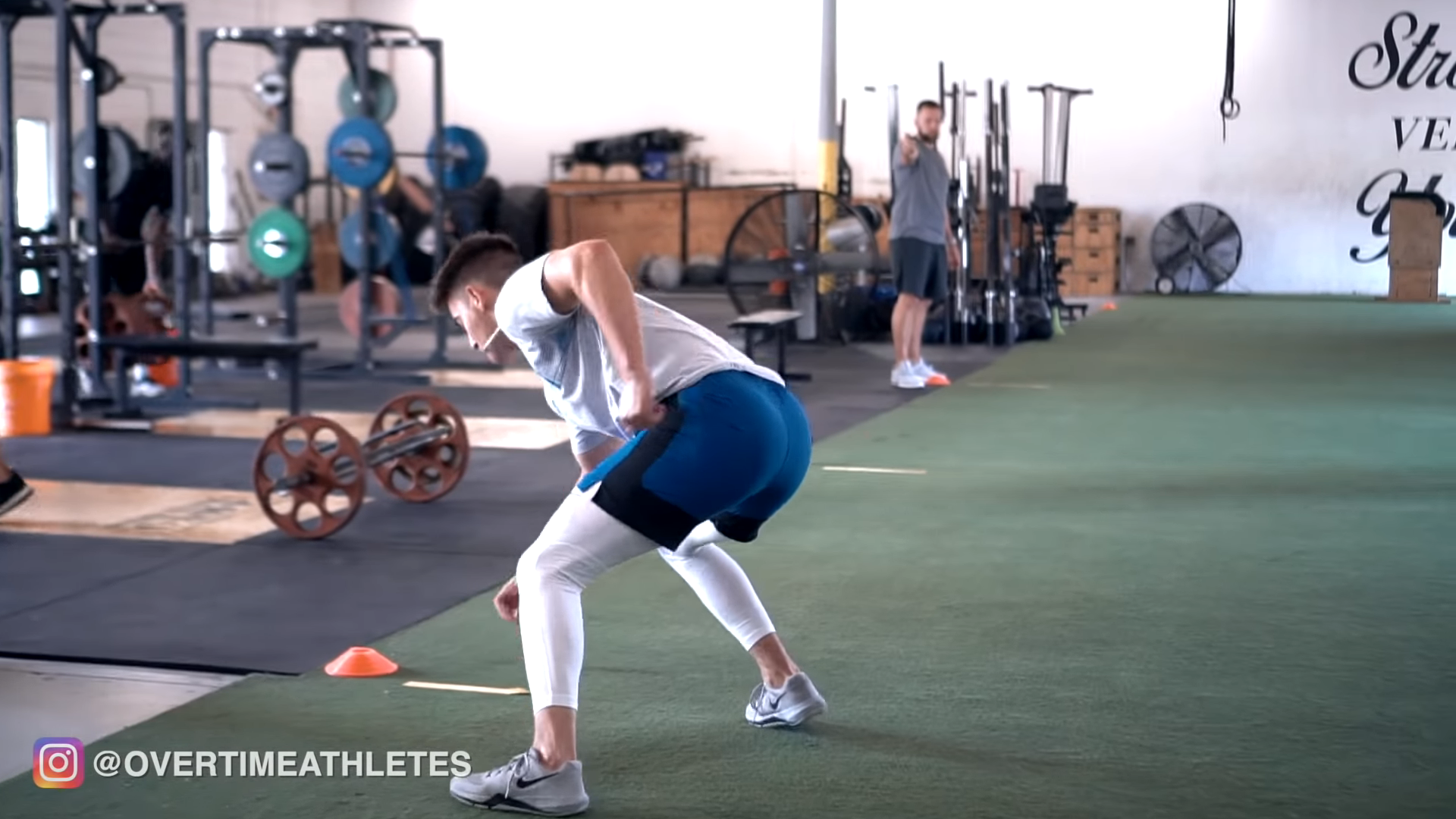
Here’s how to fix this bulking mistake:
Raise your carbohydrate intake.
When you’re in a caloric surplus, your body is conserving and adding mass. This makes additional protein unnecessary as your body is in a “building” state.
Instead, add some carbs for extra energy you can use in games, in the gym, or at practice.
4. Changing Your Activity Levels
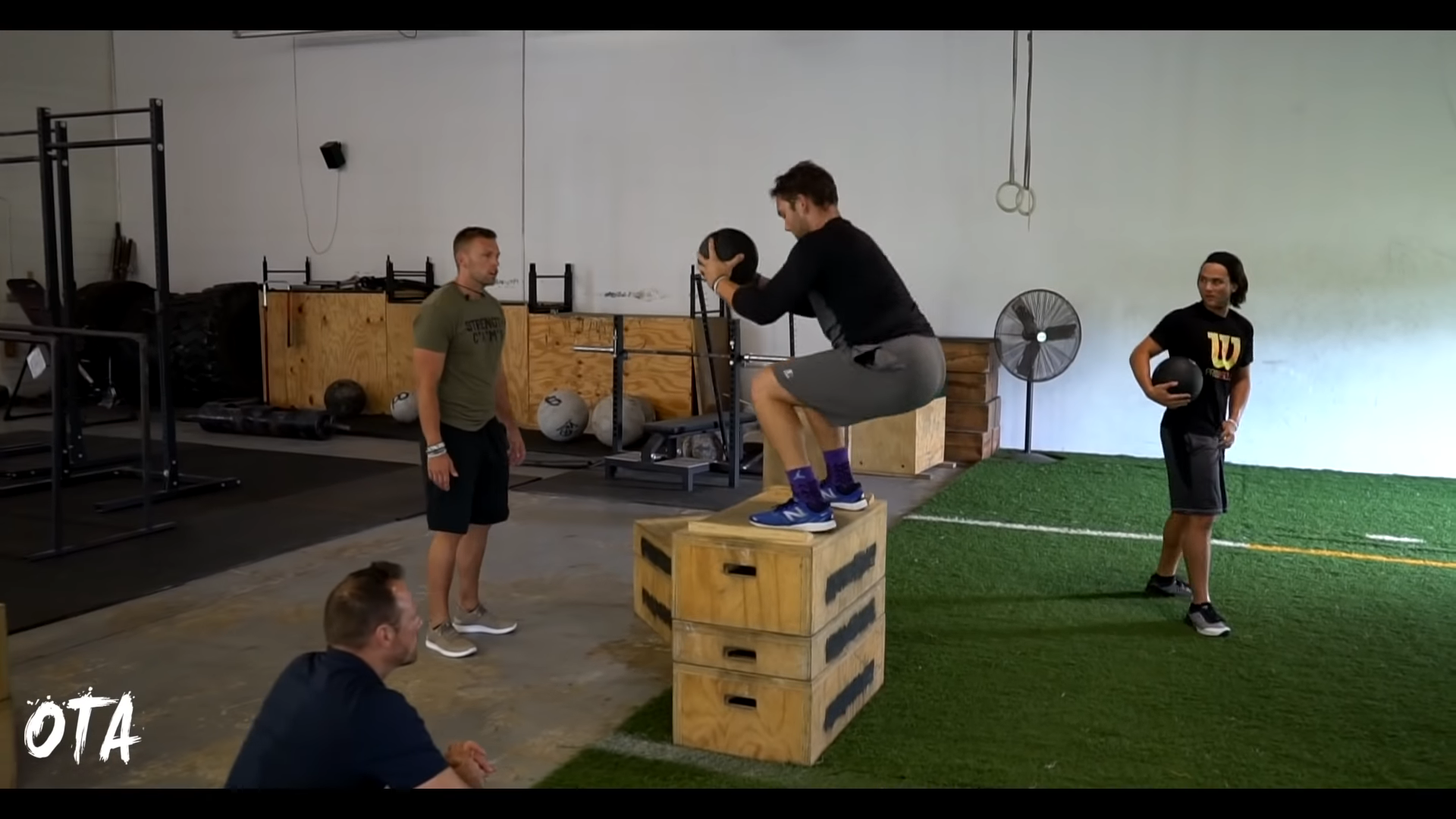
The amount of calories you consume to maintain your weight relies on a bunch of different variables.
Your height, weight, and age are all taken into account to determine your baseline calories.
Another variable in this is equation is your activity level. As your activity level goes up, your caloric needs increase. As it goes down, your caloric needs decrease.
So, you could see how drastically changing your activity levels on a caloric surplus could dull the effectiveness of your bulk.
If you raise your activity levels too much, you could end up losing weight.
If you let them drop too much, you’ll add a bunch of fat.
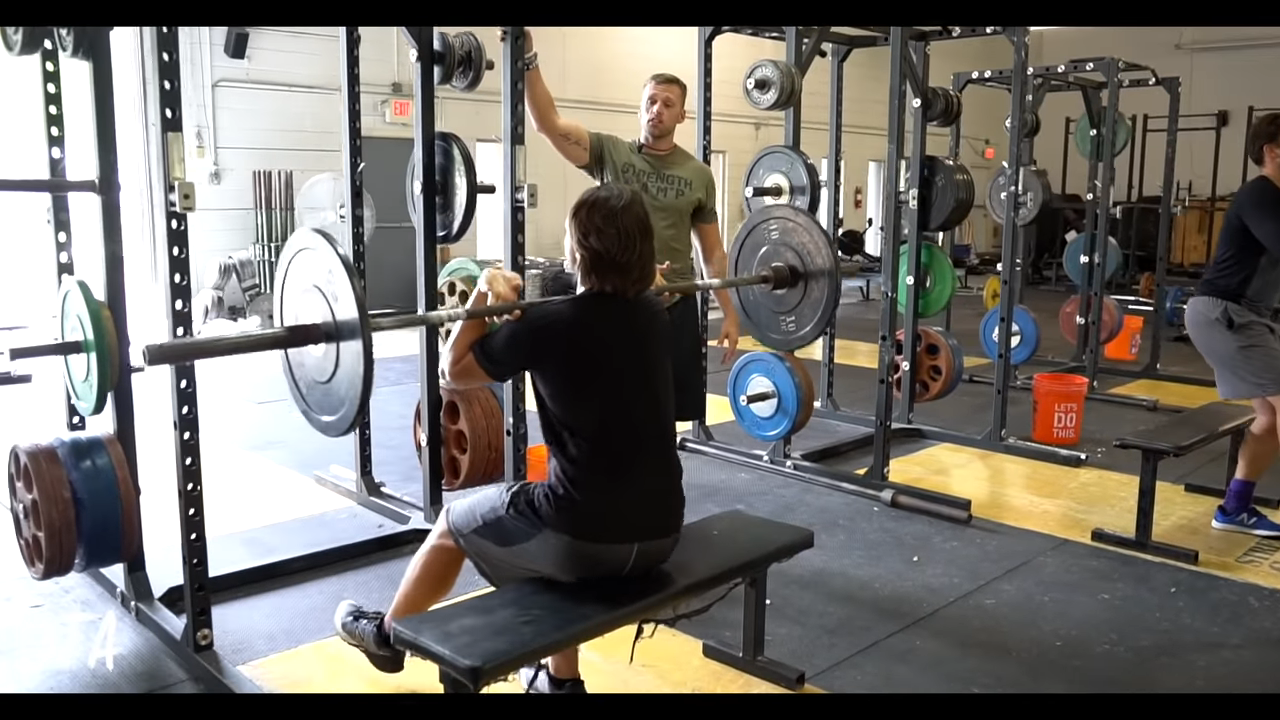
Here’s how to fix this bulking mistake:
There’s a couple of solutions to fix this bulking mistake.
One, try and maintain your activity levels. If you were working out 5 times a week while finding your caloric baseline, maintain that amount of activity during your bulk.
Two, you can adjust for an increase or decrease in activity levels.
The amount of calories you increase or decrease depends on how much more or less activity you’re engaging in.
5. Eating Empty Calories
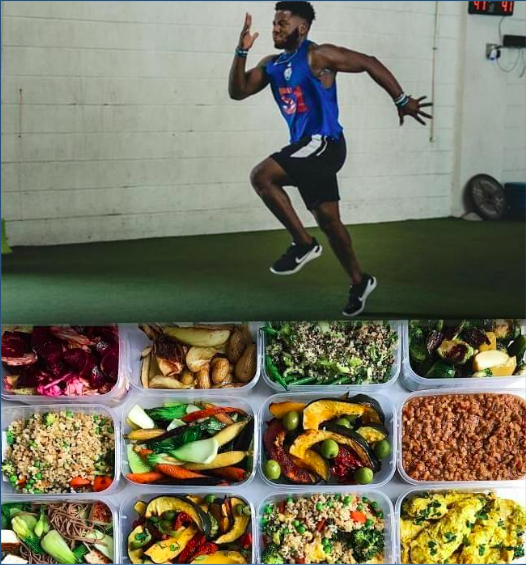
Lots of athletes have labelled themselves “hardgainers”.
This means they believe it’s hard for them to gain weight. They claim that they stuff their face with PB&J’s, eggs, chicken breasts, rice, and more, but they can’t gain an ounce.
To make up for this, these athletes shovel a ton of fatty foods down their pipe, and end up destroying their health and performance.
Here’s how to fix this mistake:
I said it before, I’ll say it again, TRACK.
Simple as that.
If you don’t see the value in it, that’s fine.
But when you get outmuscled, outworked, and outsized in your sport, don’t come crying to OTA.
(Again If You Missed It, Check Out The Best Nutrition Guidelines for Athletes)
5 Athletic Bulking Mistakes
Here’s a quick recap of the most common bulking mistakes athletes make:
- Not tracking their macronutrients
- Bulking Too Aggressively
- Raising Their Protein During a Bulk
- Changing Their Activity Levels
- Eating Empty Calories
The Book on Nutrition for Athletes
80% of your performance comes from what and how you eat.
If you’re optimizing your nutrition, you’re going to have a competitive edge.
If you’re not, you’re wasting your effort in the gym and at practice, because none of that is going to transform your body.
And if you want to learn how to optimize your nutrition for faster recovery, accelerated athletic gains, and higher energy levels, check out Performance Nutrition.
It’s the COMPLETE guide to eating for athletes.
You can find out what’s inside at the link below, and decide for yourself if you want to grab a copy: